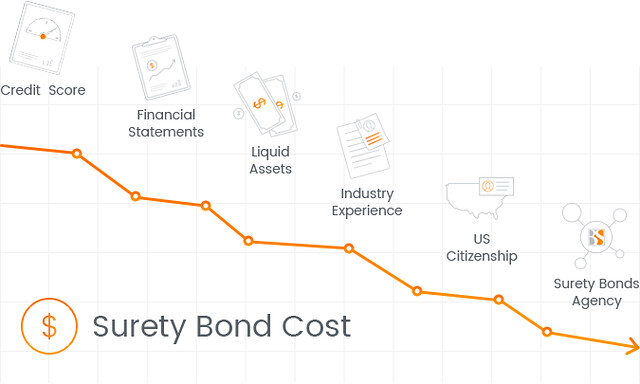5 Principles for Improving Your Credit Score with Credit Repair
It’s no secret that a good credit score is essential for financial success. From saving money on loans to qualifying for lower interest rates, a good credit score can open up a world of opportunities for you. Unfortunately, poor credit can make it harder to get the things you need. But if you’re willing to put in the effort, credit repair can help improve your score and rebuild your financial future. Here are five principles to keep in mind when repairing credit:
1. Start With One Credit Card
When you’re trying to improve your credit score with credit repair, it’s important to start small. Consider finding a single credit card with a low balance and using it regularly. Make sure you use it responsibly, making sure to pay your balance on time and in full each month. This can help demonstrate to lenders that you are capable of managing your credit.
2. Monitor Your Credit Report
Another important step in credit repair is to regularly check your credit report for any inaccuracies or errors. You should check your credit report at least once a year to make sure all the information is accurate and up-to-date. If you find any errors, you should contact the credit bureau immediately and dispute any incorrect information.
3. Create a Payment Plan
Making regular payments on time is one of the easiest ways to improve your credit score. Create a payment plan for all of your credit card accounts, and make sure to pay all of your bills before they’re due. Even if you can only make a small payment, it will still show lenders that you are taking steps to pay off your debt.
4. Consider Debt Consolidation
If you have multiple credit cards or loans with high interest rates, debt consolidation can be a great option for improving your credit score. By consolidating all of these loans into one loan with a lower interest rate, you can save money in the long run and make it easier to pay off your debt.
5. Don’t Close Unused Credit Cards
When you’re trying to improve your credit score, it’s important to keep all of your credit cards open and in good standing. This shows lenders that you are capable of managing multiple lines of credit, which can boost your credit score. Closing unused credit cards can actually hurt your score, so it’s best to avoid doing so.
Using these five principles, you can begin the process of repairing your credit and improving your credit score. With a little bit of time and effort, you can get your finances back on track and start moving forward toward a brighter financial future.

